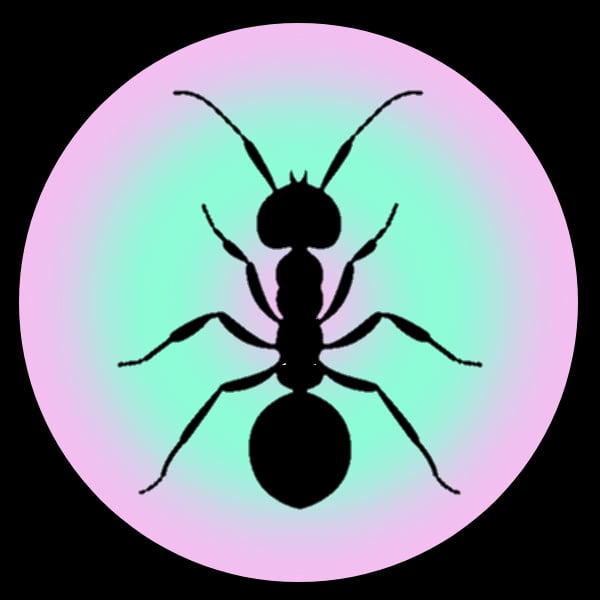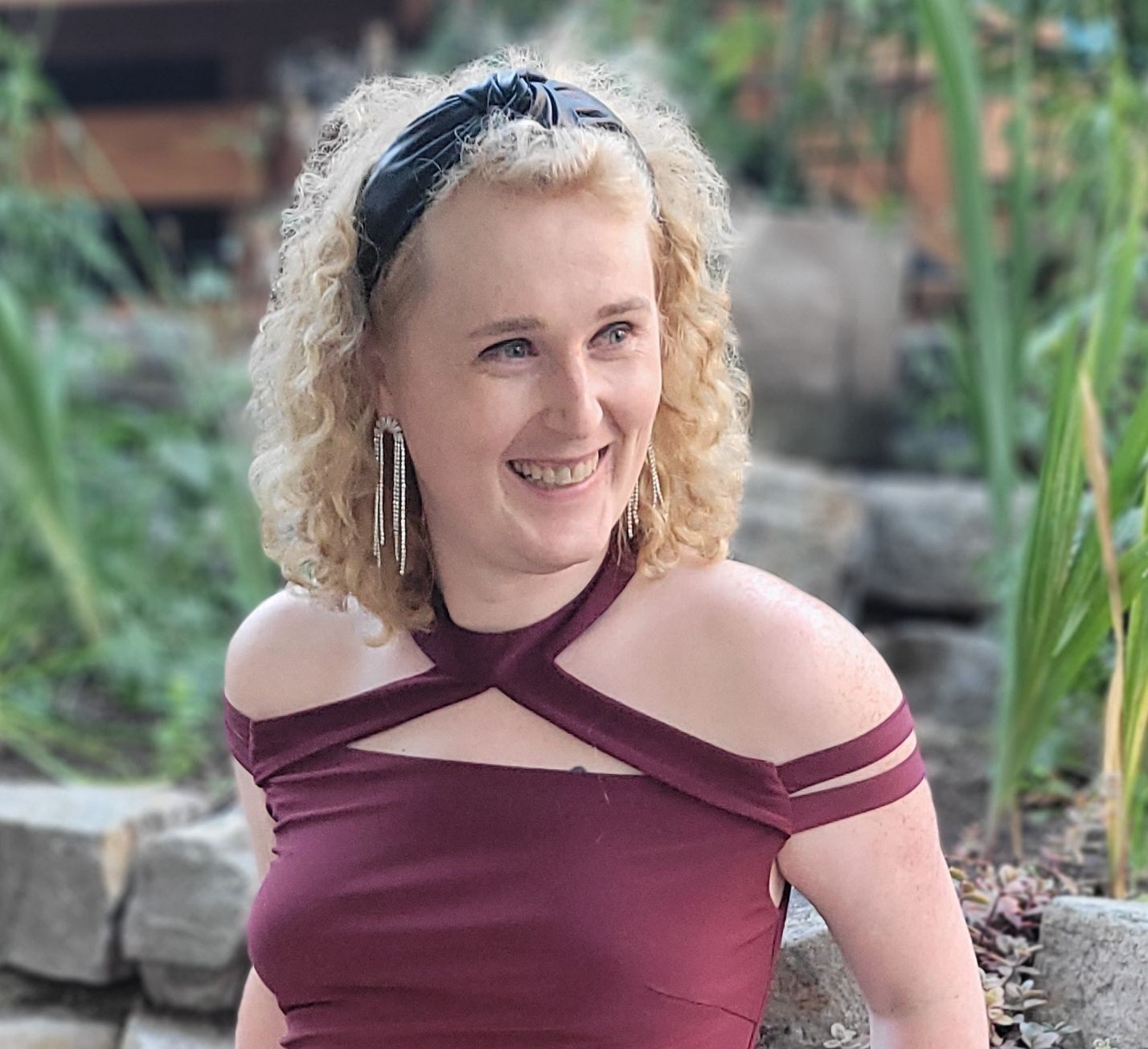Everything is easier to learn as a kid, especially things involving lots of muscle memory. Go try to learn how to skateboard as an adult
I’m don’t even able to tie my shoes as an adult
Were you trying to tie them as you typed that sentence?
Chill fetus, he’s not a native English speaker
Hard disagree. I am not a linguist, but did study language acquisition a bit in the context of childhood development and unless the science on the topic has changed dramatically in the last decade, it seems pretty clear that there are physiological differences between child and adult brains that dramatically impacts language learning.
For example, there is a critical age period for being able to distinguish different sounds, something that if not learned during this period may be impossible to ever pick up. This age period is shockingly young; I don’t remember exactly but iirc it’s less than one year old.
The most well-known example is that in Japanese, R and L are the same letter (their R/L letter sounds like a cross between the two, with a bit of D thrown in). Thus Japanese people have difficulty distinguishing between R and L in English; I personally verified this with a bunch of my Japanese friends (including a number who spoke English very well) and they could not distinguish between “election” and “erection,” no matter how clearly I enunciated. However this is far from the only example out there; native English speakers similarly struggle differentiating various sounds in languages from countries like India and China that are clear as day to those speakers. This is not a matter of will or attention or even practice, it’s a brain issue.
Given this, I find it highly unlikely that there aren’t other elements of language learning that are harder (or even impossible) to properly learn outside the critical window.
I think the age was around 9 months where some where the majority of neurons get discarded since they’re not useful and babies can use them to identify different lemurs for example.
I still think this is not the whole picture. People in their 60s learn languages faster than teenagers because they have more “surface area for knowledge to stick to” if you know where I’m going.
Not to take anything away from babies learning languages. They have to learn to use their tongue, vocal chords and identify sounds at the same time so them being able to use grammar at 2y with vocabulary is as insane feet. Babies also have dedicated regions of the brain for speech but then again, so do adults.
I feel the post makes a valid point. It’s harder for the baby to learn a language since they don’t know any. An adult in the same situation would most likely be faster because majority of the skills needed to speak a language are already there.
About the accuracy of sounds it’ll take some very careful training of the adult like people do with babies. On top of that, I wouldn’t underestimate the brain, over a long time such as a year of full immersion the brain is capable of picking up on a lot of things as long as the adult pays attention.
This should be taken with a grain of salt, just as yours and op, but neuroplasticity makes arguments like yours shaky (well well well if this isn’t gonna turn out to be our old friend dialectics). If children just had a special environment, you’d find the physiological countepart. So unless it’s controlled for otherwise, you can’t make a one directional proof out of it
This is easily one of the most interesting comments I have run across on Lemmy. Got any other interesting bits of info for those of us who only speak one language?
Off the top of my head: being multilingual appears to have various benefits for the brain, such as delaying the onset of dementia.
This age period is shockingly young; I don’t remember exactly but iirc it’s less than one year old.
Anecdotally, that sounds hard to believe to me, because I moved from South Korea (which has the same sound ambiguity) to the US at the age of 11 and have no problem at all distinguishing between the two sounds. All of my Korean friends that I had back in middle school also had no issues, even though none of them were born in the US. On the contrary, I’ve been told at times that I speak Korean with an obvious western accent.
I can’t imagine this could possibly generalize enough to significantly counter the original post’s claim. Take one little slice out of it, sure, but not much else.
Fascinating, i wonder how this affects music arrangement and instrument expression between cultures
but can’t adults learn a second language much faster than a child learns its first? I assume with dedication an adult can reach a fluency of a 10 year old in just a couple of years - where it took the child… …10 years.
You’d have to be somewhat intensely studying and immersing yourself for two years to speak like a native 10-year old.
I’m not saying if you moved to another country with good motivation to learn the language that it couldn’t be done, but I do think you would need to at least immerse yourself in an environment which has the language. Doing duolingo for a couple of years will not net someone the fluency of a native 10-year old.
My parents said I was already speaking when I was one. Not well, but I was. Much sooner than my siblings. So by the age of two-three I could’ve had some rudimentary conversations, had that language proficiency not been in the underdeveloped mind of my toddler-aged self. I think that’s more like the language skill you’d get with two years of not-super-intense studying.
I just did a Google- depending on language, student and other factors, between 600-2500 hours.
That’s a very subjective window.
I know a guy who’s lived in my country for more than 12 years, and still can’t really speak but the most basic sentences, however, it is understandable, because his native language is English, and people like having the chance to practice their English. So despite being immersed and even needing the language, he just hasn’t really gotten around to learning it.
That’s the difference between language acquisition and learning one as an adult; motivation.
If you don’t have any, you’re not gonna learn. Kids can lack it totally, and they’ll still learn to speak, just as much as they’ll learn to walk.
Random addition to your post…
There’s early/limited studies suggesting the drug valproate, which is used for bipolar and epilepsy sometimes, can re-open the perfect pitch acquisition capabilities of the human brain even if the individual is no longer an infant and has aged past the language acquisition stage of childhood development.
https://www.ncbi.nlm.nih.gov/pmc/articles/PMC3848041/
Different use of it in an 8 year old girl with language regression: https://www.ncbi.nlm.nih.gov/pmc/articles/PMC11230735/
I’m no expert on this topic but I do recall having seen brain scans showing different patterns of neural activation while speaking for language learned in infancy vs adulthood. That suggests that there is more than one route to language learning and one of them closes off after a certain age
Given the success of foreign exchange students, I’m willing to bet the age factor is much less important than people claim.
People bring up the “wild children” that had trouble learning to speak when first introduced to society, but usually fail to mention the reason they were neglected/abandoned as children was due to mental disabilities, so they aren’t really a viable data point.
Genie was locked up at 20 months old. I don’t think they locked her up because of her mental illness. They locked her up because of their mental illness. I reference Genie because she’s the most documented “wild child,” which is a completely disgusting term.
Genie was locked up at 20 months old. I don’t think they locked her up because of her mental illness. They locked her up because of their mental illness. I reference Genie because she’s the most documented “wild child,” which is a completely disgusting term.
I was going off old college memories - after looking it up, it sounds like her father thought she was mentally disabled and began/increased his neglect because of it, despite her only outward health issue being delayed walking due to a hip problem.
Also re: “wild child”. I agree, and thanks for pointing it out. That’s what they were called in my books, but catchy rhyme aside it’s a horrible way to refer to a victim of such abuse. I’ll edit my original comment.
Language is universal to all humans, even though it is multifaceted. Humans also have massive brains that require extra care to bring to fruition in comparison to other animals. Language is one of those things. You can learn other languages at any age, but you first need learn a language.
It would be fascinating to know what inner thoughts look like without the construct of language to frame them in. Unfortunately there’s no ethical way to find out, short of uplifting a non-sapient species and asking them.
To your last point: I don’t think it’s hard to figure out.
Unlike many people I don’t always have an inner monologue. Like, right now I’m writing so I “hear” the words I’m putting on my screen. But if I’m programming or doing some other complex abstract thought? No sentence there, only a flow of abstract thoughts (words, images, nameless concepts, feelings, intuition, all meshing together in a way that is unique to my brain and would take several paragraphs to adequately explain). This occasionally makes it… challenging to communicate an idea I just had, because my thinking runs parallel to my formulating and going from one to the other is a significant mental overhead.
For sure language does play some structuring role in how I see the world. But there are lots of thoughts I have which aren’t ever framed by language, and I imagine if I didn’t speak any language that’s how all my thoughts would be. Although that would obviously be very limiting, it certainly doesn’t sound alien to me.
Adults that pick up new languages are rarely native fluent though.
No child is going to be fluent in their native language in 5 years, lol.
And that’s how my infantilization fetish made me a polyglot.
Unrelated but I love your username
Awww, ty! 🥰
Just recently watched a video on learning japanese by immersion
They say you have to do some ground work by learning the alphabets, basic grammar and some common words using SRS flash cards. Afterwards immersion is supposed to mostly fill in the gaps (you should tolerate ambiguity and let your brain figure out new words from the context). The video mentions it takes multiple hours a day for years to get good, but it also works with passive listening while doing something else. However they also talk about adding new words you hear to your SRS, mimicking what you hear, interacting with native speakers, etc so there’s definitely a lot more to it than just sitting down and listening to podcasts.
Well, that just sounds like what naturally happens when you are in a different country surrounded by native speakers. Which is definitely the best way to learn another language.
I have fairly severe social anxiety; when I went to France, the negative response to the French I was able to stutter out ensured I’d never try to speak French again. (I read it fairly well, because Candide was good enough to read ten times)
In high school, I had an assignment to go to a local Chinese restaurant and order in Chinese. The response to my “我要broccoli 牛肉” was so enthusiastic that I still do a set of Chinese flash cards everyday.
There has to be a motivating force for you to learn something. Whether that is social approval/encouragement, needing to be able to ask for certain things… Some people can be motivated by an intrinsic love of learning things, but for most I think this is confined to specific topics.
For language, I think you need a show that you want to watch, a space you can navigate by only using that language, something that gives you meaningful feedback and places to go that a grade simply doesn’t.
ensured I’d never try to speak French again
Probably for the best (context: am Canadian and was forced to learn French, but I didn’t).
Same story here with Spanish. I was in South America for all of two weeks. But the smiles and help when I tried to use Spanish for anything more than beer and bathrooms keeps me going back to Duolingo.
People really underrate the difficulty of learning not a language but language itself. Concepts learned in one language can transfer over to other languages, but when you learn your first language, you have to learn the concepts for the first time in addition to the word. Personally, I am of the opinion that the critical period in learning is mostly a biproduce of learning over time and less a special feature of a brain’s age. The cortex naturally will organize around the incoming sensory information coming in, so over time the “increased plasticity” of newborn brains will reduce as it becomes increasingly more fitted to their experiences.
Is it difficult if it’s also inevitable? In a social setting, a child will either learn a language or develop one — two wild children would develop a rudimentary language that would evolve in complexity as it’s passed down generation by generation. I wonder if a feral child, who matured alone and without social interaction, could learn a language later in life. Or, if it could, how difficult it would be.
What do you mean by the critical period in learning being a byproduct of learning over time as opposed to a special feature of the brain’s age? I don’t think I grasp it. Are you saying that it’s not really the brain’s age, but rather that it hasn’t learned a lot yet? Which are distinct but highly correlated.
A large foundation for the belief in critical periods for language are based on Genie, a feral child who was entirely unable to learn a spoken language despite significant efforts. Today, she can use some sign language but cannot speak.
https://en.m.wikipedia.org/wiki/Genie_(feral_child)
So the answer is largely believed to be: No. You cannot learn a spoken language if you missed the critical period.
It’s also literally impossible to test/study ethically, so nobody actually knows.
I don’t have a source handy, but from what I remember: yes, a feral child can learn language later, but never to the same level of fluency. It’s more like learning a second language. Also there is extremely limited data because it mostly comes from horrifically abusive situations.
If I remember right, the most interesting data came from a study that gathered deaf children from areas where they had no sign language. The young children rapidly developed sign language, but the older children (teens) had a hard time keeping up and did not reach the same fluency.
Uhhhhh, both?






